Best Dog Food for Allergic Dogs: Vet Picks You Can Trust
If your dog keeps scratching, losing hair, or getting recurring ear infections, diet could be the hidden trigger.Ongoing itching wears pets down and worries owners—skin infections and poor sleep can follow.This guide explains how to choose the best dog food for allergic dogs, including limited-ingredient diets, hydrolyzed formulas, and practical feeding steps you can try with your vet.
Why food matters for itchy dogs
How food triggers skin problems
Immune reaction: some dogs react to specific proteins and additives, causing inflammation and itch.
Common signs: persistent scratching, red skin, hot spots, chronic ear problems, and digestive upset.
Overlap with other causes: fleas, environmental allergies, and infections can look similar—work with your vet to sort causes.
Types of diets to consider
Limited-ingredient diets (LID)
Definition: formulas with a single main protein and one or two carbohydrate sources to reduce exposure.
When to use: good first step for mild-to-moderate suspected food allergy.
Examples: novel proteins such as rabbit, venison, or duck are common LID choices.
Hydrolyzed protein diets
Definition: proteins broken into tiny pieces so the immune system won’t recognize them as allergens.
When to use: recommended when dogs react to many proteins or when LID fails—often sold as prescription diets.
Access: ask your veterinarian—brands such as Hill’s, Royal Canin, and Purina make clinically tested hydrolyzed diets.
Novel protein and rotation cautions
Novel-protein diets: use proteins your dog hasn’t eaten before (e.g., kangaroo, rabbit).
Rotation: rotating many different proteins can complicate diagnosis—avoid rotation during an elimination trial.
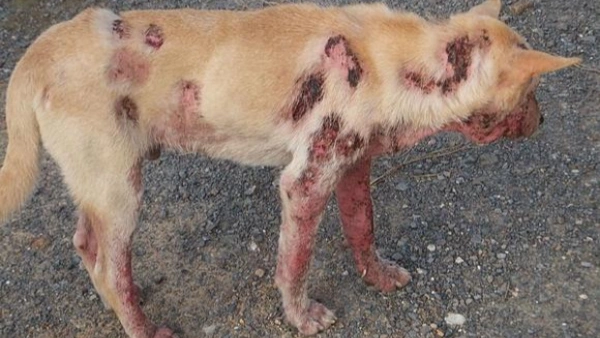
How to run a proper elimination (trial) diet
Step-by-step elimination trial
Step 1 — Pick one diet: choose a single-source limited-ingredient or hydrolyzed diet recommended by your vet.
Step 2 — Strict feeding: for 8–12 weeks feed only that diet—no treats, flavored medications, or table scraps.
Step 3 — Track changes: note itch level, ear health, stool quality, and energy.
Step 4 — Rechallenge: if improved, your vet can reintroduce the old food to confirm the allergy source.
Common pitfalls
Any “cheat” treats invalidate the test.
Topical or oral medications may mask improvements—coordinate with your vet.
Key nutrients and supplements that help
Omega-3 fatty acids
EPA and DHA reduce skin inflammation — consider fish oil supplements after vet approval.
Prebiotics and probiotics
Support gut health and may improve immune regulation that affects skin.
Vitamins and minerals
Zinc and vitamin E support skin repair; many therapeutic diets include them at balanced levels.
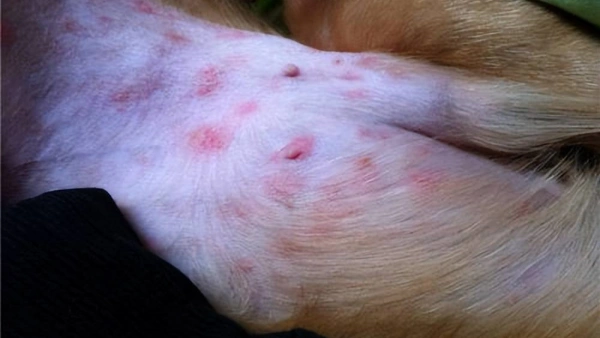
Comparing popular clinical choices
| Diet | Type | Best for |
|---|---|---|
| Hill’s Prescription z/d | Hydrolyzed protein | Confirmed food allergy, severe cases |
| Royal Canin Hydrolyzed | Hydrolyzed | Multi-protein sensitivity |
| Limited-ingredient novel protein formulas | LID | Mild suspected food allergy |
Everyday care while you test diet
Bathing and topical care
Use gentle, fragrance-free cleansers or medicated shampoos for secondary infections.
Follow vet guidance on frequency—over-bathing can dry the skin.
Flea, tick, and ear care
Control parasites aggressively—flea bites often worsen allergic skin disease.
Inspect and clean ears regularly if your dog has chronic ear issues.
Everything Our Vets Recommend
How long until you see improvement?
Timelines
Initial improvement may appear in 2–4 weeks, but full response often takes 8–12 weeks.
If no change after a strict 12-week elimination diet, discuss next steps with your vet.
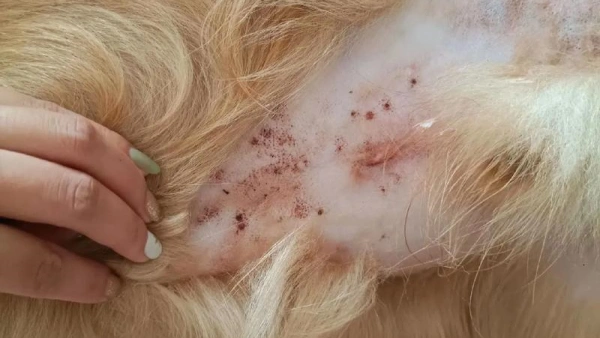
Practical shopping and feeding tips
Reading labels
Look for a single named protein (e.g., “rabbit”) and a simple carbohydrate.
Avoid formulas that list “meat” without specifying the animal source.
Transitioning diets
Transition over 7–10 days unless instructed otherwise for elimination trials (which require immediate switch to the trial diet).
When to call the vet
Red flags
Worsening skin infections, systemic signs, severe diarrhea, or lethargy — seek immediate care.
If symptoms don’t improve on a prescribed elimination diet, your vet can run allergy tests or suggest other treatments.
best dog food for allergic dogs FAQs
Do I need a prescription for hypoallergenic diets?
Some hydrolyzed and therapeutic formulas are prescription-only because they are clinically tested. Talk to your veterinarian about whether a prescription diet is appropriate for your dog.
Can I use over-the-counter limited-ingredient food for food allergy testing?
Yes—many limited-ingredient novel-protein diets are available OTC and can be used for an elimination trial, but prescription hydrolyzed diets are often more reliable for severe cases.
How long before I can reintroduce old food to confirm allergy?
After 8–12 weeks of an elimination diet and clear clinical improvement, reintroduce the suspect food under your vet’s supervision to confirm the allergy.
Final recommendations
Choose the best dog food for allergic dogs based on your dog’s history and veterinary advice. Start with a clearly labeled limited-ingredient or novel-protein diet for mild cases. If symptoms persist, your vet may recommend a hydrolyzed protein diet. Combine dietary changes with parasite control, proper bathing, and supplements like omega-3s when appropriate.
If you’re ready to start, talk with your veterinarian about dog food for food allergies and a step-by-step elimination plan that fits your dog’s needs.
You May Like:
- Best Dog Shampoo for Allergies Guide for Pet Owners
- 2025's Best Seborrhea Dog Shampoo: A Solution for Itchy Skin
- Does Shedding Make Dogs Itchy? Latest Vet Advice
- Yeast Infection Ear Mites in Dogs: Causes and Treatments
User Comments
Does flea treatment kill ear mites too?
Can dogs take human probiotics?
Can dogs have people probiotics safely?
Related Articles
View all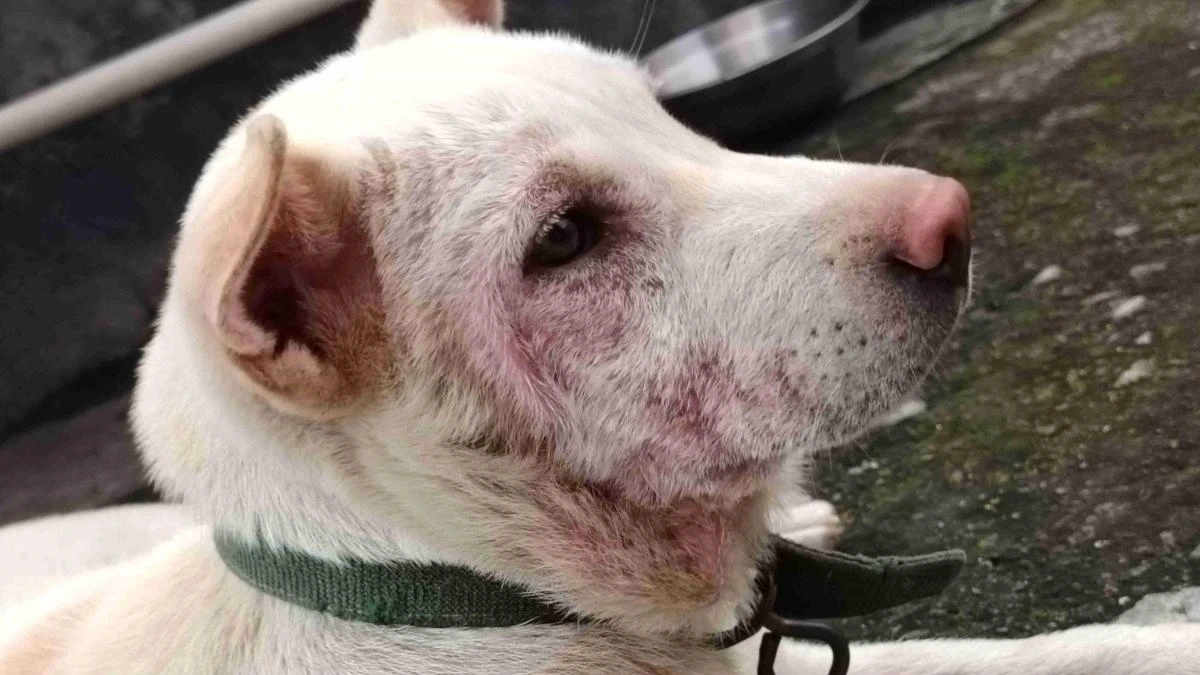
How to Get Rid of Dog Allergies Naturally: Common Mistakes

Dog Allergic Reaction Eye Swelling: Hidden Mistakes to Avoid

Why Do Bulldogs Scratch? Bulldog Skin Allergies Guide
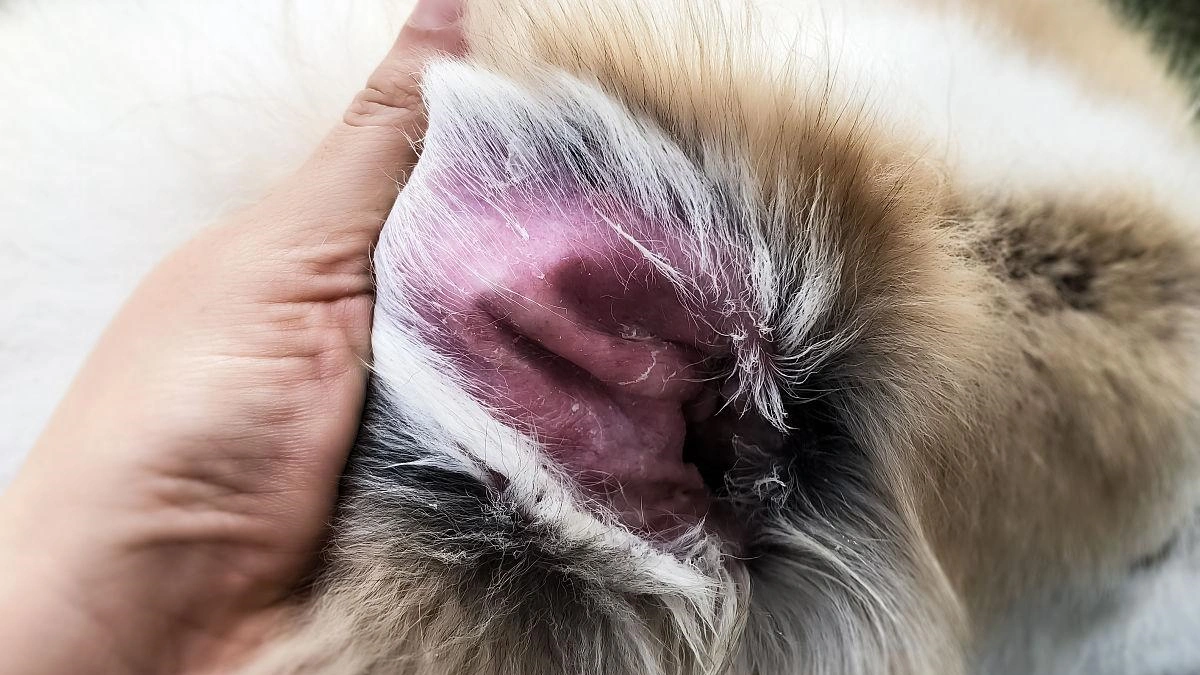
Cure for Dog Skin Allergies Owners Often Miss

How to Get Rid of Dog Allergies Naturally: Common Mistakes

Dog Allergic Reaction Eye Swelling: Hidden Mistakes to Avoid

Why Do Bulldogs Scratch? Bulldog Skin Allergies Guide

Cure for Dog Skin Allergies Owners Often Miss
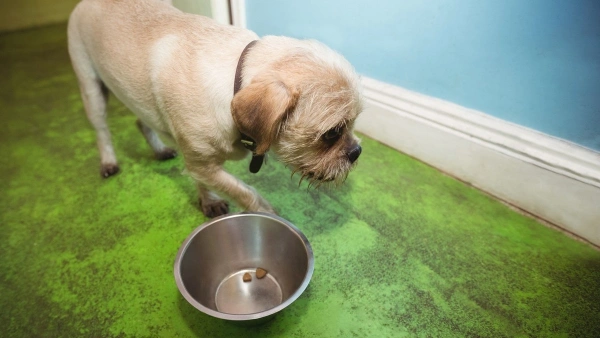
Vet-Recommended Wet Dog Food for Sensitive Stomachs — 2025 Guide
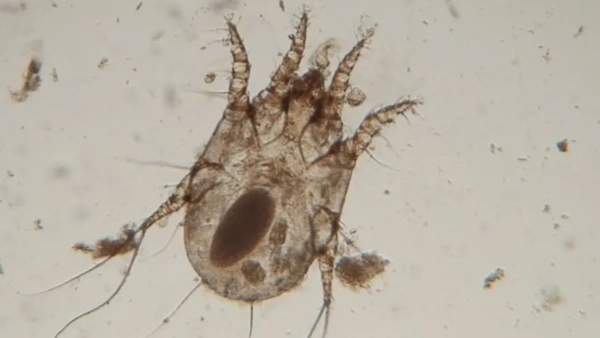
Dog Dust Mite Allergy: Symptoms, Treatment, Prevention

Can Allergies in Dogs Cause Diarrhea and Vomiting? Explained

10 Pitbull Health Problems You Should Know in 2025 — Tips


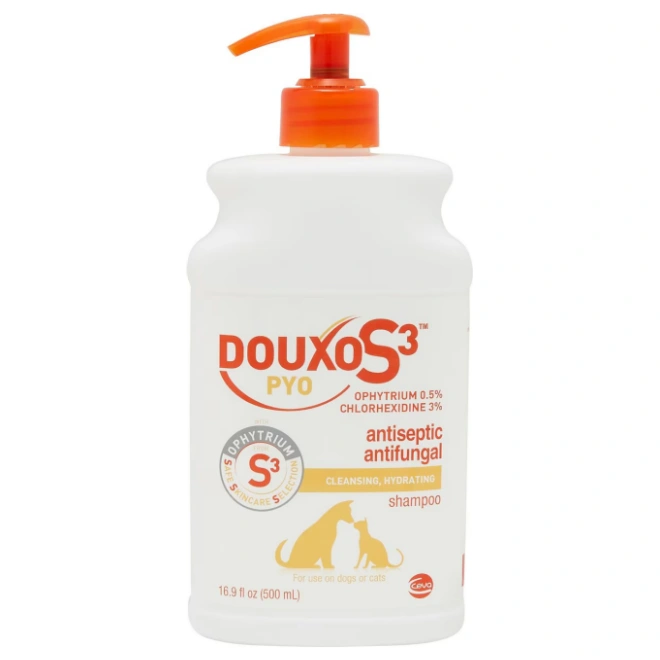
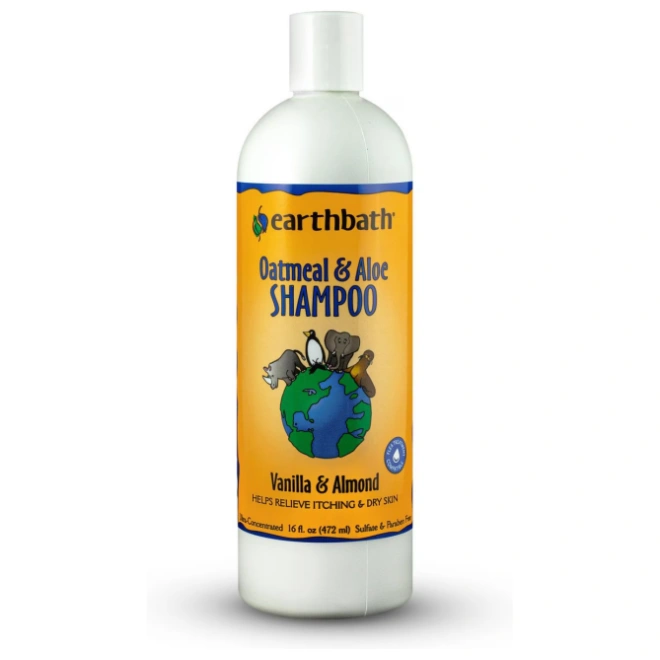
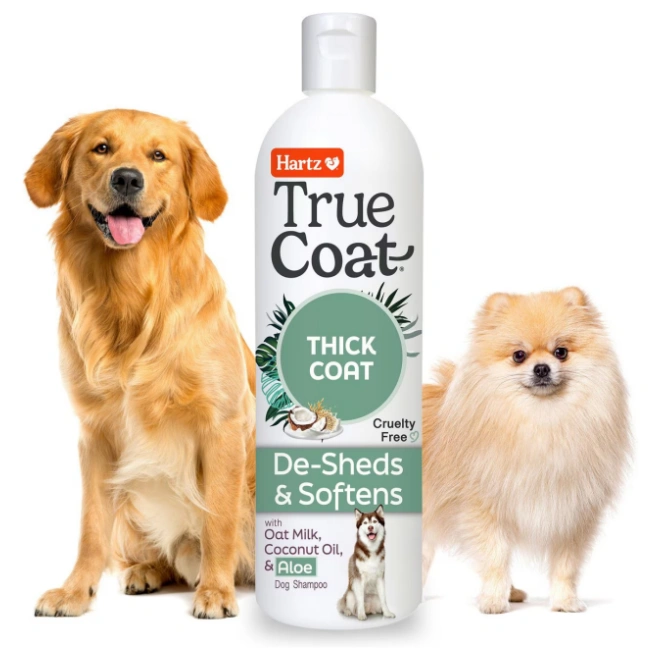
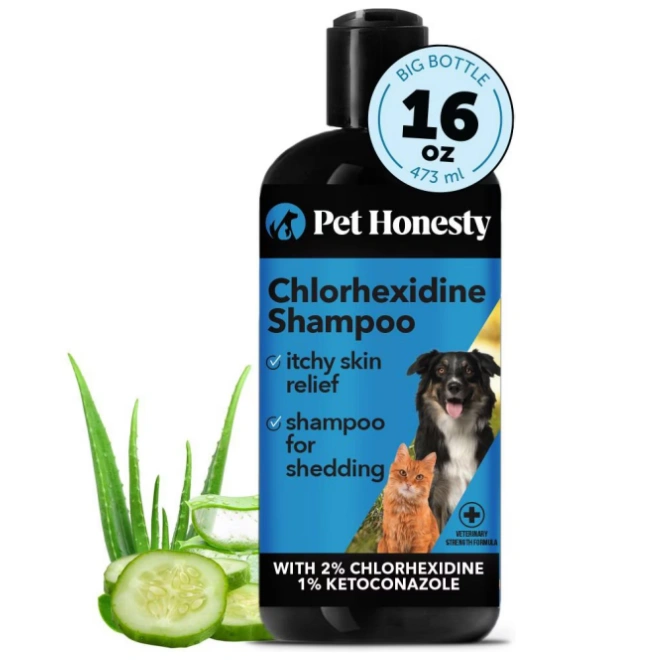








Leave a Reply